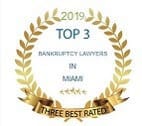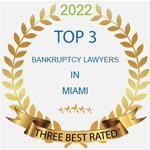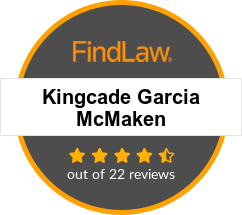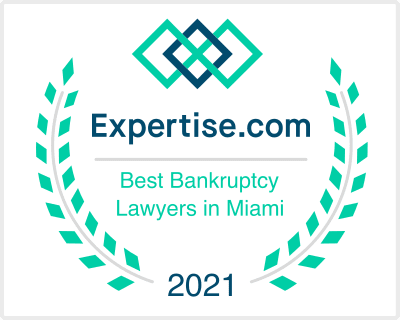Qualify for a Chapter 7 Bankruptcy with High Interest Credit Card Debt
There are times when people file for bankruptcy due to a complex set of circumstances caused by factors like divorce, serious medical illness or natural disasters. There are also times when simple acts like overspending or relying on high interest credit cards for basic necessities, perhaps because of unemployment, can get out of hand quickly. While choosing to file bankruptcy can prove a difficult decision for most people, qualifying for Chapter 7 may be the best way to erase credit card debt and begin a new financial future.
Chapter 7
Under current bankruptcy laws, Chapter 7 is the only option for people who qualify to wipe out unsecured or high interest credit card debt. Some debt, however, is not dischargeable with a Chapter 7 filing, such as student loans, child support, alimony payments and back taxes. Once a consumer files a Chapter 7 action, all collection efforts from credit card companies and other debt collectors must stop. If a consumer qualifies and files for Chapter 7 debt relief, it is almost 100 percent likely that he or she will receive a discharge by the bankruptcy court.
Qualification
To qualify for a Chapter 7 bankruptcy, consumers must pass the means test. The means test compares a debtor’s income against their state’s median income. If the debtors’ income proves less than the state’s median income, they qualify to file for Chapter 7 debt protection. However, if this is not the case, the means test also presents a formula to calculate disposable income, which is a debtor’s current monthly income minus certain monthly expenses. Higher disposable incomes may disqualify debtors from Chapter 7.
Alternatives
For those who have higher disposable incomes and do not qualify for Chapter 7 bankruptcies, there are still alternatives that could help their financial situation. A Chapter 13 bankruptcy is still an option, but going this route does not discharge all unsecured debt. Instead, a debtor works out a repayment plan that the court approves and assigns to a trustee to manage. There are also debt consolidation companies who help people negotiate down high interest credit cards to a point where they can actually pay them off.
Fast Forward
Filing a Chapter 7 bankruptcy fast forwards people past all the issues that come with having debts they cannot afford. It also helps to alleviate the frustration that comes with trying to pay down or pay off credit cards that have record high interest rates, even though the U.S. is in a recession. If you or your loved one are unable to afford your existing credit card debt and are ready to find a solution to your financial problems, contact a local bankruptcy attorney today to see if you qualify for Chapter 7 debt relief, so you can start a new financial future now.
















